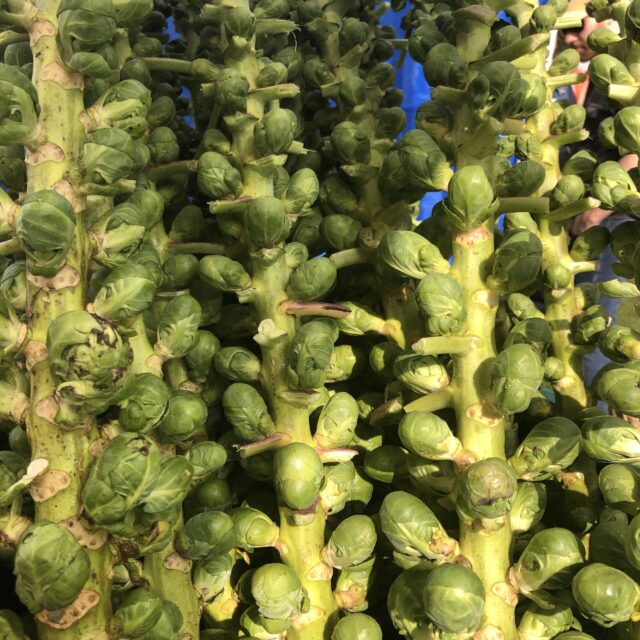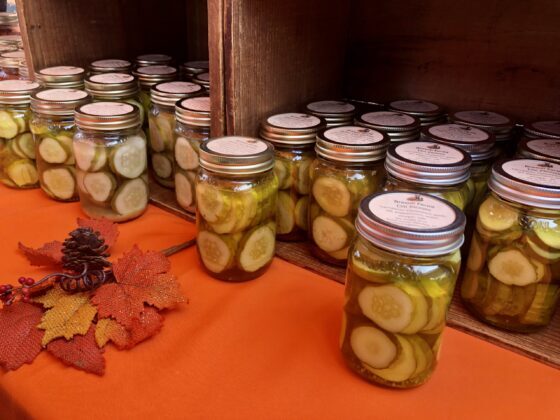It only takes one trip to a farmers’ market to recognize how upside down most of our supermarkets are.
At a market I recently visited, it was possible for shoppers to buy the following, all grown/produced in Connecticut: eggs, chicken, turkey, fish, cow meat, pig meat, dog bones and other treats, cheese, honey, maple, olive oil, vinegar, granola, bread, tortilla chips, apples, raspberries, salad greens, cauliflower, green beans, broccoli, squash, potatoes, carrots, Brussels sprouts, cabbage, radishes, peppers, onions, garlic, tomatoes, eggplant, pumpkins, corn, cucumbers, zucchini, beets, turnips, kohlrabi, leeks, herbs, kale, and probably other fruits and vegetables I missed. Additionally, there were alcoholic beverages and cut flowers — all from Connecticut.

That doesn’t even get into the local artisans selling anything from soaps and ceramics, nor does that include all the Connecticut food trucks.
Makes you think about why the standard supermarket carries so few locally grown and produced food items, and why we don’t have open air farmers’ markets in static locations that operate daily as the norm, rather than the exception.
With luck, the people opposed to organic and smaller food production have gotten away from this argument, but for awhile I felt like all I heard was how we “HAVE TO” have a system inundated with pesticides and mass production because if not there would be starvation. I look around and see how incredibly wasteful those standard supermarkets are, tossing millions of pounds of fresh fruits and vegetables because of overstocking, because produce does not fulfill the fantasy of what we were told a particular item should look like, because of spoilage.
What if we recalibrate our ideas about what food should look like, what types of food should be available, and what we are willing to pay for it? What if we stopped demanding giant supermarkets that place quantity over quality, profit over connection?
Climate Possibilities is a series about climate mitigation, along with resilience, resistance, and restoration. It’s about human habitat preservation. It’s about loving nature and planet Earth, and demanding the kind of change that gives future generations the opportunity for vibrant lives. Doomers will be eaten alive, figuratively. All photographs are taken in Hartford, Connecticut unless stated otherwise.

